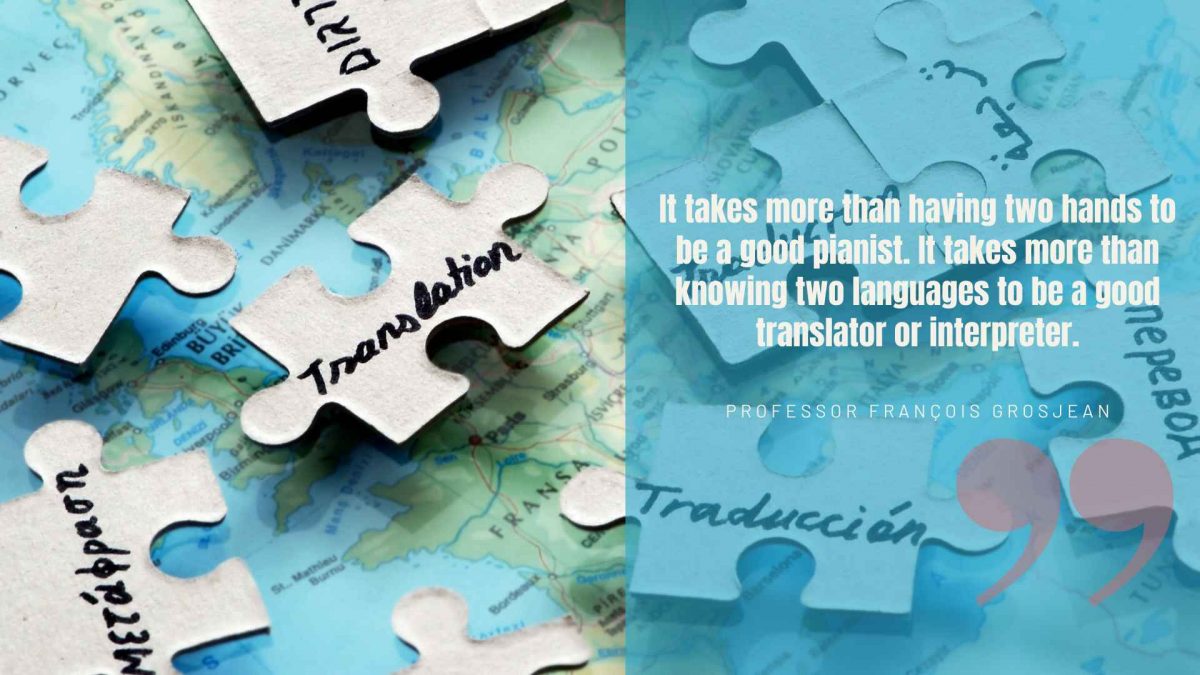
How (not) to be a professional translator and 6 tips to help you become one

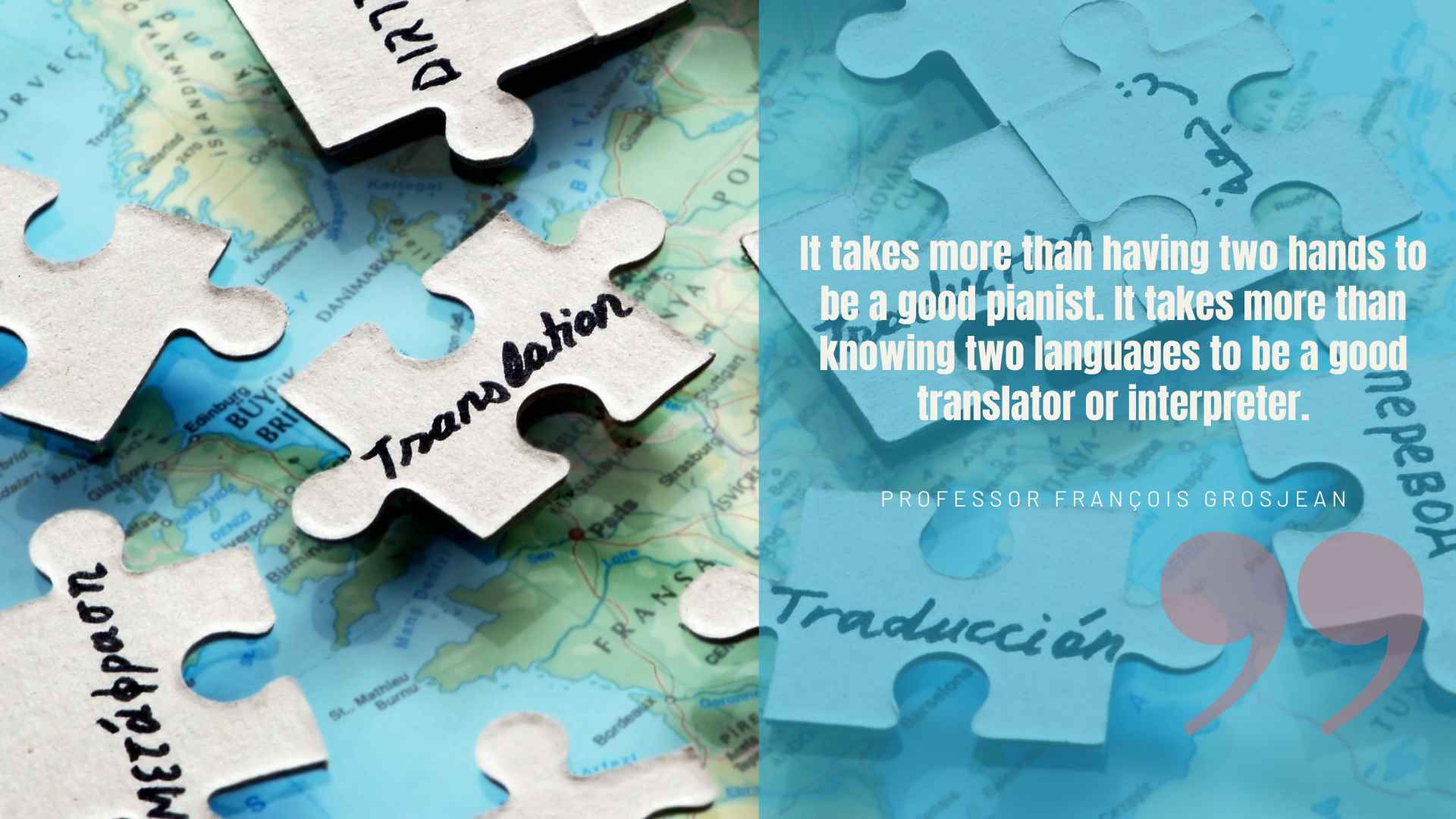
A professional translator’s job is not as easy as it may look. Bilingual dictionaries, glossaries, the internet at one’s fingertips, an innate curiosity and love of learning, as well as mastery of both the source and target languages are not enough to become a self-styled professional.
Depending on their chosen speciality areas, an aspiring translator needs several hundred hours of practice, subsequent certification (in some cases), and then quite a bit of experience before they feel ready to tackle certain topics.
What a professional translator is not
A person who speaks two languages, even at native level

This is certainly a prerequisite; however, this alone is not enough.
A student of languages
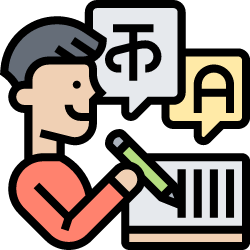
They may be on their way to becoming a translator (though they may choose a different path), but they cannot be called professional translators. Not at this stage anyway.
A teacher of languages
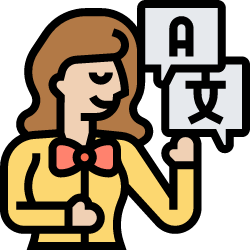
Teaching and translating require different sets of skills. Sure, a translator can also be a teacher (I have done that), but that does not mean that all teachers of languages can translate. The opposite is also true: not all translators can be teachers.
An interpreter
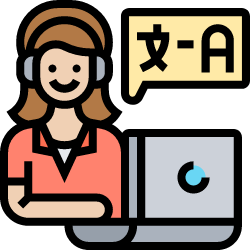
While the two professions are similar in more ways than one, and a lot of translators are also interpreters, they require different skill sets.
A dictionary 🙂

Some people assume that a translator knows all the words in their language pair and two of the questions we get asked frequently is: ‘What does … mean?’ or ‘How do you say…..?’, to which we invariably answer ‘It depends on the context.’
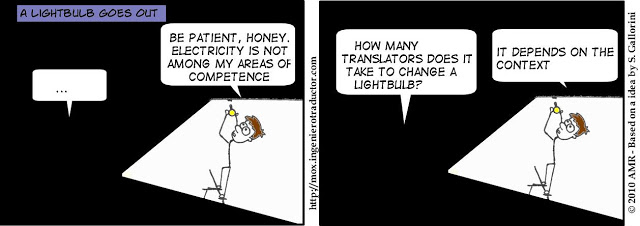
The wrong approach
In order to be a professional translator, one must be ready to put in a lot of hard work, be ready to face challenges, and keep investing in their continuing professional development.
If a person is merely doing translations on a casual basis, the work must also be of such nature that it does not have a potentially serious impact on the audience. When it comes to life and death matters, accuracy is paramount. A few years ago, a Chinese pharma company exported an over-the-counter drug to the US that listed the wrong ingredient due to a translation error.
Working out the instructions on a lawn mower might not need a professional translator, but anything more important than that will warrant hiring a professional. In fact, if you don’t want the service warranty on your mower to be voided, don’t even do that!
The proper approach to translation as a career
The right way to go about becoming a professional translator is… well, there isn’t necessarily a right way per se. One can take the translation studies route (Joseph Lambert and Caroline Alberoni both touched on this aspect on their blogs: The (un?)importance of translation-specific degrees to translation and Does an academic background really make a difference?), or have a totally different profession and later turn to translations, as some other translators have done, especially those working in very specialised fields like chemistry or medicine. According to our recent study on the translation landscape, 22% of freelance translators have a degree in a different field, and 16% a postgraduate degree in a different field.

Some countries require specific certifications for those who want to call themselves translators and work in this field. The UK does not. However, that doesn’t mean anyone can be a translator (regardless of what they might claim).
A professional is someone who does something for a living, who is committed to continuing professional development (CPD), who has the right skills (just knowing another language is not enough – I may be repeating myself, but it is the truth), who strives to find the right words, who understands the two cultures, who has excellent writing skills and the list can go on; so, until you make a career of it and are able to generate a monthly income from it, you are still an aspiring professional.
Finding the right kind of translation job
Before you embark on your long journey down The Language Highway, you need to do some forward thinking with respect to what kind of translation you’d be happy doing for the rest of your life. Some people thrive on translating about nuts, bolts, and shims (like my very talented fellow Romanian translator Elvira), others need something that gets their creative juices flowing.
If you want to specialise in marketing translations or if financial translations are your cup of tea, you need to make sure you understand the terminology. This is absolutely vital for those working in the legal or medical fields. Mistakes can be costly, but when it comes to areas like medicine or law, an accurate translation can make the difference between life and death.
Nowadays, we are spoilt for choice when it comes to CPD. If you are a member of a professional association (there are lots of reasons why you should join one), you have access to a range of high-quality training courses. There are plenty of CPD courses you can embark on – some even free, and the community of translators is a friendly one, so there will always be someone to help you. Webinars and courses are not the only ways to do CPD, you can read my post dedicated to continuing professional development for more tips. What you should never do: accept a translation job that is beyond your abilities. Not only will it take you longer to carry out, but doing a so-so job instead of a great one will have an impact on your reputation and subsequent assignments. Not to mention potential damage you might (involuntarily) be responsible for.
Building a career
Being a professional is much more than just having a full-time translation job. Career progress is an important aspect of being a professional – one of the most important, in truth. Your work ethic is critical to this: unless you can behave like a professional, you will not be treated like one.
- Make sure that any work that leaves your table is error-free (there are plenty of translation quality assurance software and plug-ins available).
- Only accept projects you are qualified to take on.
- Get projects done on time.
- Use project management tools to help you schedule your work in a more efficient way.
- Never stop learning and perfecting your skills.
- Above all, maintain the cool, calm collectedness of a true professional.
This is the only way to becoming a highly regarded professional translator, whether in-house or freelance.
If you think I’ve missed any points, feel free to add them in a comment below.

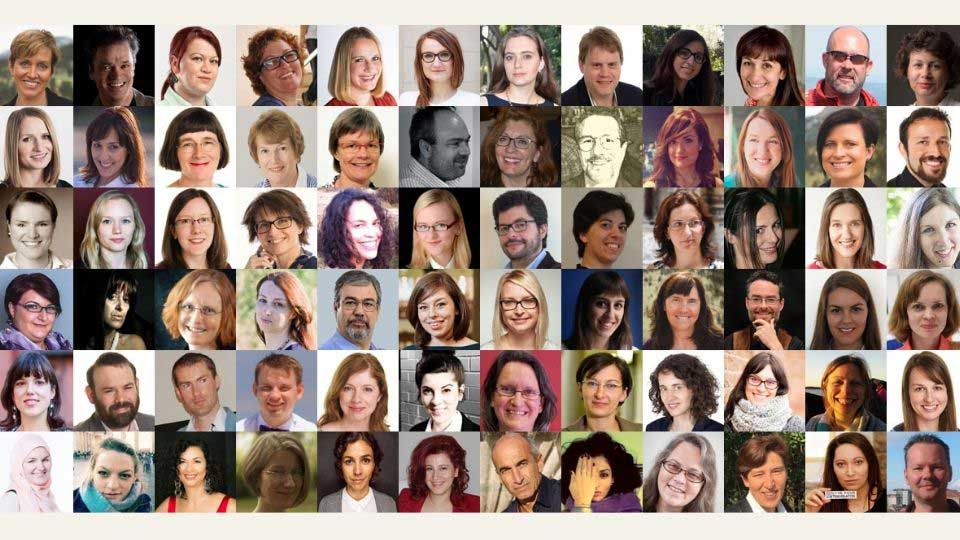

23 Comments
Great post! I specially liked the advice regarding thinking about what kind of translation you’d be happy doing for the rest of your life.
Thank you, Alejandro. Doing what you love for a living is what everyone should be aiming for, isn’t it?
Have I mentioned how much I love your blog and the cartoons? 🙂
Loved your article, Alina!
You’ve made good points. The “Building a career” part particularly has important advice for those who want to be a professional translator.
Oh, and thank you for linking to my post! 🙂
Thank you, Caroline. As for your post, it seems we both thought along the same lines – telepathy, isn’t it? And it is perfect to illustrate one of the ideas in my post, so of course I linked to it.
You have expressed very clearly what most of us feel ! 🙂
Thank you, Chana.
One point I would add is never to be afraid to turn work down either because of time difficulties in meeting a deadline or because of not enough knowledge of a particular subject matter. It is never good to return work late or poorly translated. In my experience agencies and clients appreciate honesty and will come back with other work once they know they can rely on the translator doing a good job on time.
Excellent point, Alicia. It goes perfectly with ‘Only accept projects you are qualified to take on’ I mentioned, but very well explained. Indeed, being able to say ‘no’ to projects you are not qualified for shows you are a real professional.
Inspiring article!
Thank you, Raluca.
Great post! Sometimes the general public misunderstands the profession, but all too often it’s “our” own fault…
Thank you, Marta. And yes, we probably should be doing more to educate the general public about our profession. I am still dreaming of the day when everyone understands what makes a translator and what our job entails.
Hi Alina – thanks so much for the mention, but more importantly, thanks a lot for touching on this issues of professionality. There are a large number of translation professionals out there who don’t take their careers very seriously, but expect to be taken seriously in the industry. It simply doesn’t work that way. If you want to be seen as a professional, you have to present yourself like one and act like one. 🙂
Thank you, Sarai. Yes, seeing so many unprofessional translators was what prompted me to write about it.
Also one of every translator should know is the nature and importance of translation. like, Translation is a human activity that let us exchange ideas and a culture of a certain language.
Alina,
Thank you for this post…I’m learning english now, and some day, my wish is to become a professional translator…I think I’m on the first stage of it, but I’m so glad, because more I learn about the importance of tranlation, more I’m getting attached to this profession…I’m already working with little translations, mostly spanish-portuguese, port.- spanish, and just little students texts, but you mentioned just what I needed to hear…It gives me more confidence about my choice, and I know I’m on the right path…
Hi Tully, thanks for stopping by and for sharing your thoughts. I’m glad you found this post useful and that you are falling in love with this profession. I hope your dream to become a translator will come true. It is truly satisfying to do something you love.
I would like to ask some of you for advice on how to become a translator. One of my main concerns is how hard it would be to reach my goal considering, I only had 2 years in high school and ended up with a GED. I’ve been in the construction industry for 20 years, and I am now 39 years old. My injured body can’t take hard labor for much longer. A translating career is something that has caught my interest , considering that I am fluent in spanish and english. I am very familiar with both, american and mexican cultures. I am not a regular reader or writer and I only have basic computer skills. I question how much catching up I would need to do, intellectually. Can someone give me some feedback on what my chances are of learning everything I need to become a translator? Any advice is greatly appreciated.
Hi Keith,
Thanks for stopping by. If you are interested in a career as a professional translator, you need to be prepared to work hard in order to achieve this. It is difficult to estimate this in years. As for the path, people I know have come to the profession via various routes.
I’d recommend you have a look at the article below, packed with advice for those starting out (from Judy and Dagmar Jenner): https://translationtimes.blogspot.com.es/2015/07/getting-started-10-tips.html
Joseph Lambert also has a post on translation studies that I think you’ll find useful: https://jaltranslation.com/2014/03/19/exploring-translation-studies-online-where-to-start/
I hope this helps.
Can you please recommend an accredited institution. I live in San Diego.
Dear Esperanza, please have a look at the American Translators Association.
Hello,
Your article is very useful for me. Currently, I am 19 year-old student of Law at Charles university. I would like to be a translator as well, I have always wanted to do the job like this.
Of course, I understand what it means to be a professionalist. However, where to start? I have been wondering about taking up translatology at Charles university, so that I would do two schools at the same time. Do you think it is worth?
Or do you know about any special courses? Online or whatever? Which may really help? As I still cannot find enough information on this subject. Everybody only says you must be a professional. But when you are considered to be a professional?
I also think that the education gained in law field is also pretty useful, isn’t it? As texts with legal content will be always highly demanded.
My languages are Czech, English, French and I have recently taken up Spanish. I almost forgot writing this.
Thank you for your help
Best regards
Karolína Paterová
Hi Karolína, many thanks for stopping by and for your kind words. I’m glad you’re finding these articles useful. There are various paths to becoming a translation professional and the one you’re planning to take seems a very good one. Having a degree in law and one in translation would certainly give you an advantage, as you’d clearly be specialised from the very beginning. Of course, a lot of hard work, CPD, continual improvement – all these are paramount. Hope this helps and wishing you a lot of success!